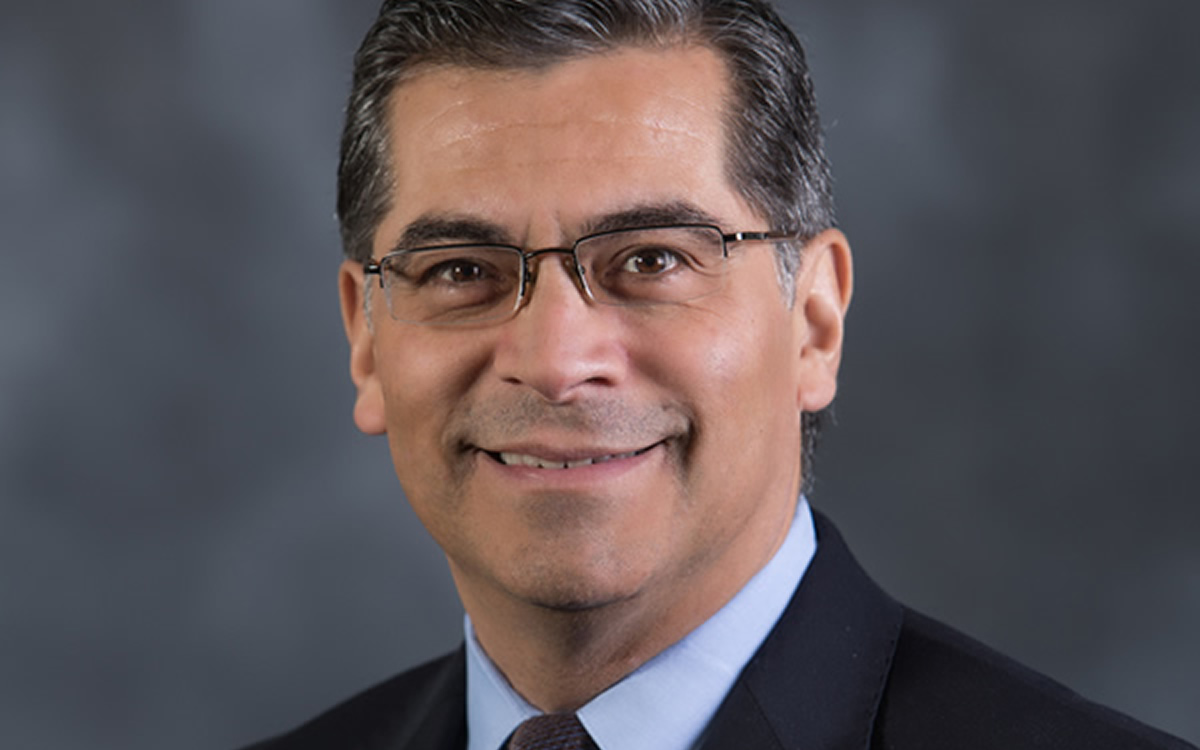News
Chile civil unions bill advances
Country’s Senate voted 28-6 to move measure out of committee

National Congress of Chile (Photo by the Photographic Collection of the Library of the National Congress of Chile; courtesy Wikimedia Commons)
The 28-6 vote to move the proposal out of committee took place more than six hours after lawmakers began to debate it.
“We have been given an opportunity to go one step further towards no discrimination,” said Sen. María Isabel Allende. “It is important to take steps that allow partners to gain access to rights they are now denied.”
Sen. Fulvio Rossi, who in 2010 introduced a bill that sought to extend marriage rights to same-sex couples in the South American country, also testified in support of the measure.
“[The bill] is of great importance because it recognizes that there is another way to build families that goes beyond marriage,” he said.
Opponents of the civil unions measure held signs inside the Senate chamber that said “Return to Christ.”
Oscar Rementería, spokesperson for the Movement for Homosexual Integration and Liberation, a Chilean LGBT advocacy group, said on Twitter that police had to remove a “belligerent” Evangelical pastor and his supporters from the Senate chamber. Lawmakers who voted against the measure and other opponents also reacted angrily after the vote.
“Conservatism is afraid of change,” said Sen. Alejandro Navarro as he spoke in support of the measure. “I have news for you: The changes have already occurred.”
Movilh praised the vote.
“All partners who live together are going to benefit, especially the poorest families that lack any judicial and social protections,” the group said in a statement. “These families that every day seek help from our organization can now see light at the end of the tunnel.”
Movilh in 2012 filed a lawsuit with the Inter-American Court of Human Rights on behalf of three same-sex couples who were denied marriage licenses.
The tribunal last July gave the Chilean government a two month deadline to respond to the case. Two members of Piñera’s cabinet told Movilh during an October meeting the government has already begun the “process of internal consultations” to respond to the lawsuit.
President-elect Michelle Bachelet, who regained the Chilean presidency last month after defeating Evelyn Matthei, supports marriage rights for same-sex couples. Bachelet also backs a proposal that would allow transgender Chileans to legally change their name and sex without sex-reassignment surgery, hormonal treatments and psychiatric or psychological evaluations.
Bachelet’s platform also supports efforts to strengthen Chile’s LGBT-inclusive hate crimes and anti-discrimination law named in honor of Daniel Zamudio, a 24-year-old man whom a group of self-described neo-Nazis beat to death inside a park in Santiago, the country’s capital, in 2012 because he was gay. The convicted mastermind of the attack in October received a life sentence for the crime.
Andrés Ignacio Duarte Rivera, founder of the Organization of Transsexuals for the Dignity of Diversity, told the Washington Blade he expects senators will consider whether to advance the trans rights measure later on Tuesday or Wednesday.
The Senate is expected to consider proposed amendments to the civil unions bill in the coming weeks.
Federal Government
HHS reverses Trump-era anti-LGBTQ rule
Section 1557 of the Affordable Care Act now protects LGBTQ people

The U.S. Department of Health and Human Services Office for Civil Rights has issued a final rule on Friday under Section 1557 of the Affordable Care Act advancing protections against discrimination in health care prohibiting discrimination on the basis of race, color, national origin, age, disability, or sex (including pregnancy, sexual orientation, gender identity, and sex characteristics), in covered health programs or activities.
The updated rule does not force medical professionals to provide certain types of health care, but rather ensures nondiscrimination protections so that providers cannot turn away patients based on individual characteristics such as being lesbian, gay, bisexual, transgender, queer, intersex, or pregnant.
“This rule ensures that people nationwide can access health care free from discrimination,” said HHS Secretary Xavier Becerra. “Standing with communities in need is critical, particularly given increased attacks on women, trans youth, and health care providers. Health care should be a right not dependent on looks, location, love, language, or the type of care someone needs.”
The new rule restores and clarifies important regulatory protections for LGBTQ people and other vulnerable populations under Section 1557, also known as the health care nondiscrimination law, that were previously rescinded by the Trump administration.
“Healthcare is a fundamental human right. The rule released today restores critical regulatory nondiscrimination protections for those who need them most and ensures a legally proper reading of the Affordable Care Act’s healthcare nondiscrimination law,” said Omar Gonzalez-Pagan, counsel and health care strategist for Lambda Legal.
“The Biden administration today reversed the harmful, discriminatory, and unlawful effort by the previous administration to eliminate critical regulatory protections for LGBTQ+ people and other vulnerable populations, such as people with limited English proficiency, by carving them out from the rule and limiting the scope of entities to which the rule applied,” Gonzalez-Pagan added. “The rule released today has reinstated many of these important protections, as well as clarifying the broad, intended scope of the rule to cover all health programs and activities and health insurers receiving federal funds. While we evaluate the new rule in detail, it is important to highlight that this rule will help members of the LGBTQ+ community — especially transgender people, non-English speakers, immigrants, people of color, and people living with disabilities — to access the care they need and deserve, saving lives and making sure healthcare professionals serve patients with essential care no matter who they are.”
In addition to rescinding critical regulatory protections for LGBTQ people, the Trump administration’s rule also limited the remedies available to people who face health disparities, limited access to health care for people with Limited English Proficiency, and dramatically reduced the number of healthcare entities and health plans subject to the rule.
Lambda Legal, along with a broad coalition of LGBTQ advocacy groups, filed a lawsuit challenging the Trump administration rule, Whitman-Walker Clinic v. HHS, and secured a preliminary injunction preventing key aspects of the Trump rule from taking effect.
These included the elimination of regulatory protections for LGBTQ people and the unlawful expansion of religious exemptions, which the new rule corrects. The preliminary injunction in Whitman-Walker Clinic v. HHS remains in place. Any next steps in the case will be determined at a later time, after a fulsome review of the new rule.
GLAAD President Sarah Kate Ellis released the following statement in response to the news:
“The Biden administration’s updates to rules regarding Section 1557 of the ACA will ensure that no one who is LGBTQI or pregnant can face discrimination in accessing essential health care. This reversal of Trump-era discriminatory rules that sought to single out Americans based on who they are and make it difficult or impossible for them to access necessary medical care will have a direct, positive impact on the day to day lives of millions of people. Today’s move marks the 334th action from the Biden-Harris White House in support of LGBTQ people. Health care is a human right that should be accessible to all Americans equally without unfair and discriminatory restrictions. LGBTQ Americans are grateful for this step forward to combat discrimination in health care so no one is barred from lifesaving treatment.”

Maryland Gov. Wes Moore on Thursday signed a bill that seeks to combat efforts to ban books from state libraries.
House Bill 785, also known as the Freedom to Read Act, would establish a state policy “that local school systems operate their school library media programs consistent with certain standards; requiring each local school system to develop a policy and procedures to review objections to materials in a school library media program; prohibiting a county board of education from dismissing, demoting, suspending, disciplining, reassigning, transferring, or otherwise retaliating against certain school library media program personnel for performing their job duties consistent with certain standards.”
Moore on Thursday also signed House Bill 1386, which GLSEN notes will “develop guidelines for an anti-bias training program for school employees.”

The Mexican Senate on Thursday approved a bill that would ban so-called conversion therapy in the country.
Yaaj México, a Mexican LGBTQ rights group, on X noted the measure passed by a 77-4 vote margin with 15 abstentions. The Chamber of Deputies, the lower house of Mexico’s congress, approved the bill last month that, among other things, would subject conversion therapy practitioners to between two and six years in prison and fines.
The Senate on its X account described conversion therapy as “practices that have incentivized the violation of human rights of the LGBTTTIQ+ community.”
“The Senate moved (to) sanction therapies that impede or annul a person’s orientation or gender identity,” it said. “There are aggravating factors when the practices are done to minors, older adults and people with disabilities.”
Mexico City and the states of Oaxaca, Quintana Roo, Jalisco and Sonora are among the Mexican jurisdictions that have banned the discredited practice.
The Senate in 2022 passed a conversion therapy ban bill, but the House of Deputies did not approve it. It is not immediately clear whether President Andrés Manuel López Obrador supports the ban.
Canada, Brazil, Belgium, Germany, France, and New Zealand are among the countries that ban conversion therapy. Virginia, California, and D.C. are among the U.S. jurisdictions that prohibit the practice for minors.
-

 District of Columbia4 days ago
District of Columbia4 days agoCatching up with the asexuals and aromantics of D.C.
-

 South America4 days ago
South America4 days agoArgentina government dismisses transgender public sector employees
-

 Maine5 days ago
Maine5 days agoMaine governor signs transgender, abortion sanctuary bill into law
-

 Mexico3 days ago
Mexico3 days agoMexican Senate approves bill to ban conversion therapy










